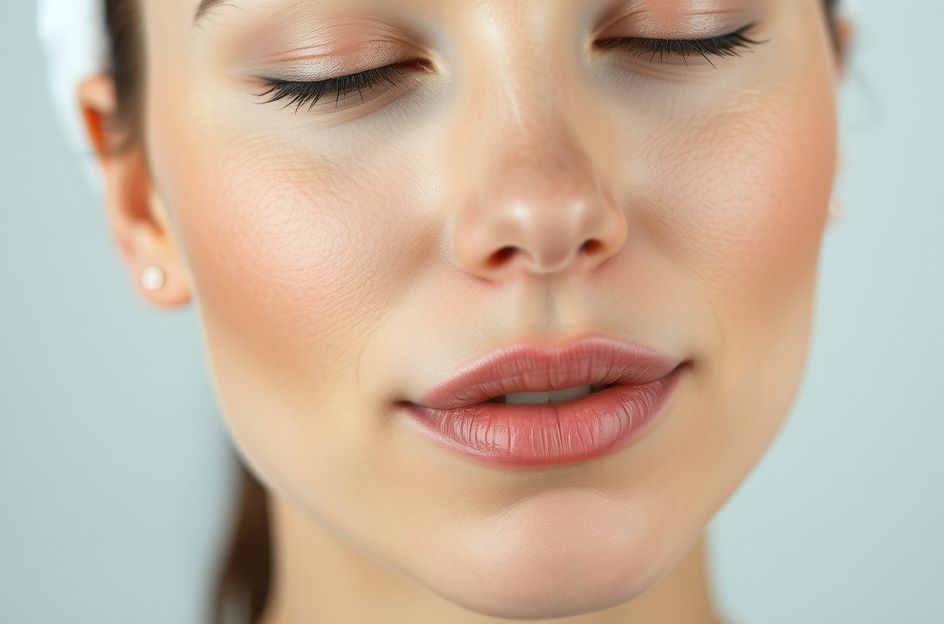Dermabrasion is a surgical procedure designed to improve the appearance of acne scars, facial wrinkles, and other skin imperfections. It involves the controlled abrasion of the epidermis and dermis using a specialized instrument, such as a wire brush or diamond fraise, to remove the outer layers of damaged skin.
The procedure stimulates the production of new skin cells, resulting in a smoother, more youthful complexion. However, dermabrasion requires careful preparation and aftercare to ensure optimal results and minimize potential complications.
**Preparing for Dermabrasion**
Proper preparation is crucial for a successful dermabrasion outcome. This often includes:
* **Topical Treatments:** Your doctor may prescribe ointments like Retin-A to be applied nightly before the procedure.
* **Antiviral Medication:** If you have a history of cold sores, antiviral pills may be prescribed to prevent outbreaks.
* **Avoiding Certain Medications:** Inform your surgeon about all medications and supplements you are taking. Avoid Accutane for at least 18 months before the procedure and oral isotretinoin for at least 6 months to a year. Discontinue blood-thinning supplements like Vitamin E and discuss any antidepressant use with your doctor.
* **Pre-Treatment:** Immediately before dermabrasion, the skin will be pretreated with an ice pack for 20 to 30 minutes and sprayed with a liquid refrigerant. Local anesthesia, sometimes with a sedative, is typically used during the procedure.
During dermabrasion, the surgeon will carefully control the depth of abrasion to achieve the desired results.
**Care After Dermabrasion**
Post-operative care is essential for proper healing and preventing complications:
* **Bandaging:** The treated area will be bandaged immediately after the procedure. Dressings need to be changed regularly using sterile bandages and tape.
* **Healing:** New skin will begin to grow within 5–7 days with proper care. Erythema (redness) may persist for up to 4 weeks.
* **Wound Care:** Meticulous wound care is vital. A scab or crust will form as the skin heals, and itching is common as new skin develops.
By adhering to pre- and post-operative instructions, you can significantly reduce the risk of complications and achieve the best possible results from your dermabrasion procedure.
